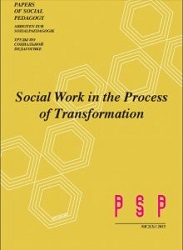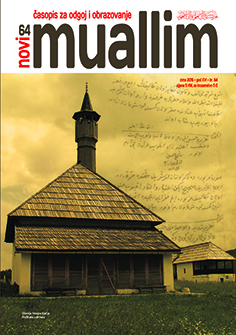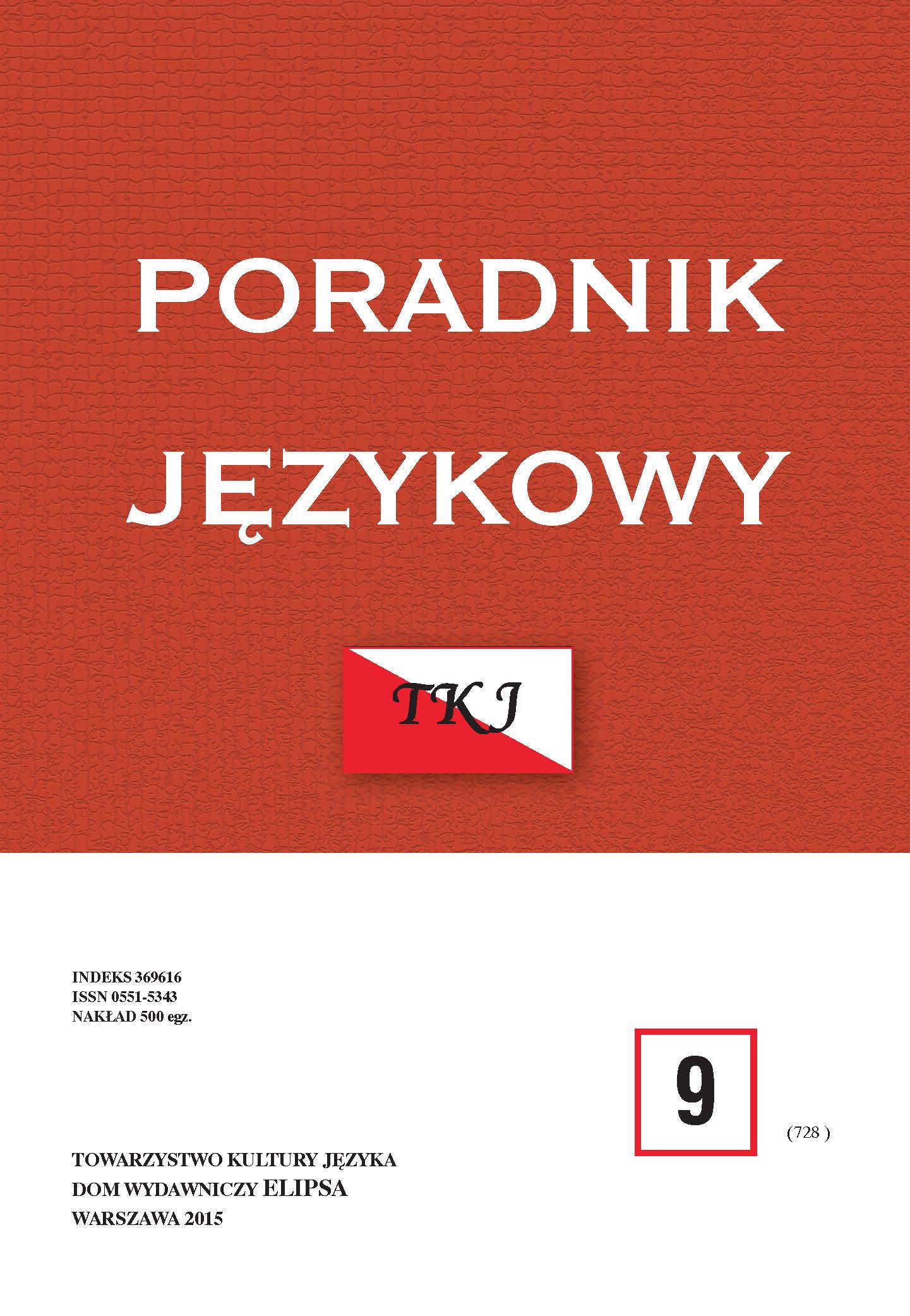
Dynamiken der Wohlfahrt in der Perspektive der Soziale Arbeit
The topic of the article is the concept of prosperity in the perspective of social work. „Prosperity“ is not a constant quantity, it is considered in a political context and decided in a discursive process. Participants have obviously unequal opportunities to influence this decision. The notion of discourse about the welfare goes beyond functionalist theories and is searching for its normative basis.
More...

